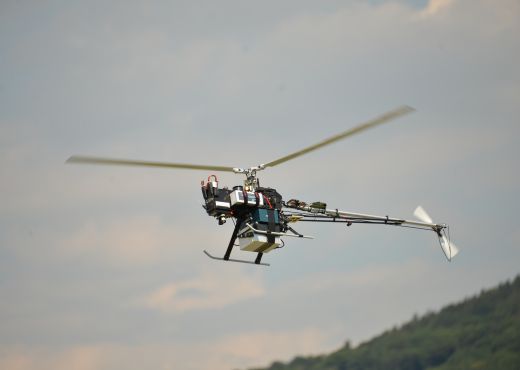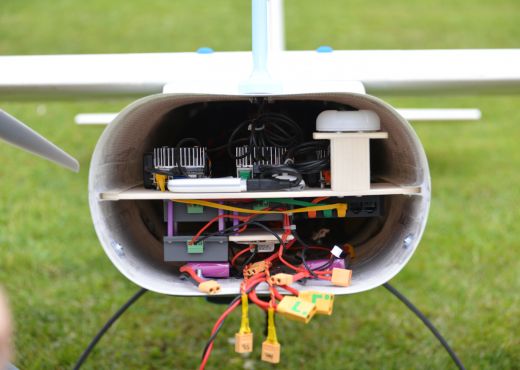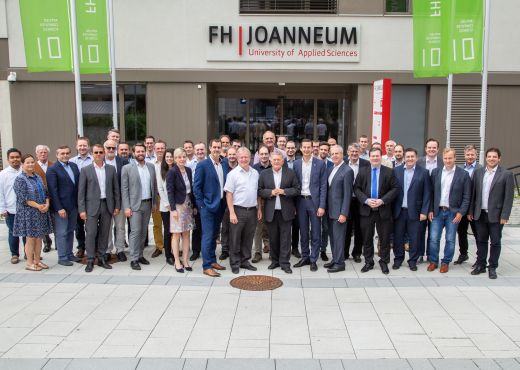How Austria Attained the First European Test Infrastructure for Drones
The Austrian research landscape in the area of Unmanned Aerial Systems (UAS), often called drones, is manifold. The national research and development activities of FH JOANNEUM and the Austrian Institute of Technology AIT are prominent here. FH JOANNEUM, for instance, sees UAS as an integral part of the Institute of Aviation and uses synergies at the site.
The Autonomous Systems group of AIT develops image processing algorithms and environment sensors for collision avoidance, and it explores navigation and data links.
Drone detection and defense are the research focus of Joanneum Research, and the drone research team at the Alpen-Adria-Universität Klagenfurt and the Lakeside Labs is working on UAS networking and camera-based navigation.
FH Kärnten developed a web portal for safe flight planning for unmanned aerial vehicles. Drone Rescue also deals with safety, with their parachute as a rescue system for drones. Partners of AIRlabs Austria, the innovation laboratory for the development of drone test areas, include (future) manufacturers of autonomous air vehicles such as FACC, Schiebel, or eye.aero, but also the communications specialist Frequentis and Riegl, the technology leader in the field of laser measurement systems.
The unmanned aerial vehicles field of expertise can be encapsulated in the following Innovation Booster.
Innovation BoosterMoving towards autonomous flying in an innovative and application-oriented manner
Unmanned aerial vehicles, also known as RPAS (Remotely Piloted Aircraft Systems), UAS (Unmanned Aerial Systems) or simply drones, are the future of aviation, experts agree. The challenge is to safely integrate all unmanned aerial vehicles into the airspace, resulting in new requirements for civil aviation. These pertain to, for example, technology developments, regulations or new mobility concepts.
For over 10 years TAKE OFF, the national aviation programme, has been conducting research on unmanned aerial systems. More than 25 projects with more than 60 partners have already been carried out. The research topics are diverse and range from safety aspects and collision avoidance systems, micro-engines and sensor integration, to the development of a drone portal and innovative aircraft. The activities of FH JOANNEUM and the Austrian Institute of Technology AIT are noteworthy. The new test infrastructures for autonomous flying give this research field a significant boost and enable Austria to position itself internationally.
This is unique:
- First test infrastructures for UAVs
Therein lies development potential:
- Automated flying
- Combining the findings from ATM and UTM
- Revolutionising the cockpit
We have shaped UAS development in Austria!





